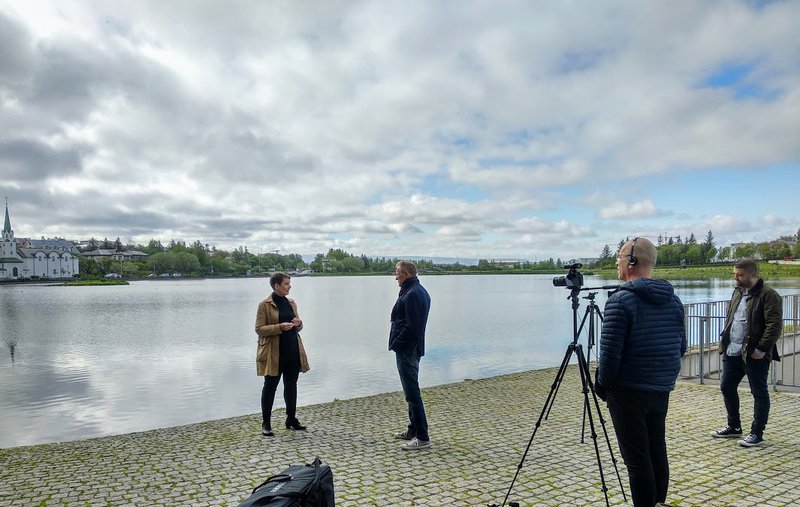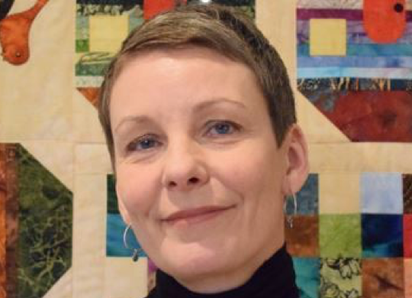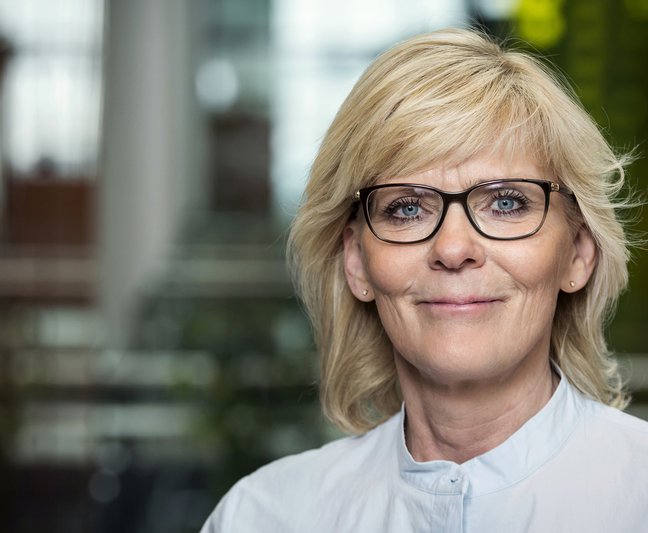
Intercultural Competency
Höfði Reykjavík Peace CentreIncreased immigration has led to greater interpersonal cross cultural encounters and heightened cultural concerns. Because of this all school levels are facing complex challenges in adjusting their services to an increasingly diverse student population. It is therefore of great importance that employees at all school levels are culturally competent and can adapt their services when working with people with diverse backgrounds. The e-course, Intercultural Competency in Education is sponsored by Nordplus Horizontal and is specifically aimed at teaching intercultural competency to educators.
The project was funded by Nordplus Horizontal and led by Höfði Reykjavík Peace Centre at the University of Iceland in collaboration with Hanna Ragnarsdóttir, Professor of Multicultural Studies at the School of Education, at the University of Iceland. Other partners in the project are researchers and teachers at the University of Oslo, University of Gothenburg, University of Helsinki, Aalborg University and RISEBA University (Latvia) and municipality experts from Reykjavík, Gothenburg, Helsinki and Oslo.

The project was a three year project sponsored by Nordplus Horizontal with the aim of building a strong network of academics and experts from municipalities that worked with cultural diversity, education, migration and integration. The network shared knowledge and best practices, benefiting both the research community in the partner institutions as well as the municipalities, connecting the academic with practice. The final product of the project is a free accessible e-course for employees of municipalities and universities, providing the education systems in these countries with professional support and practical tools to work with immigrants with diverse cultural backgrounds. The e-course strives to increase understanding of the importance of intercultural competency and diminish risk of confrontations and misunderstandings in the educational system.
Learn more about our course
- The meaning of basic concepts like ethnocentrism, stereotypes and culture
- The importance of self-awareness and curiosity as a way towards intercultural awareness
- Awareness of the impact of negative generalisations
- How to deal with contradictions when identities are constructed
- How to become aware of your own influence on students’ identities, and to develop strategies to deal with identities in a fairer and more coherent way
- The importance of promoting understanding through respect for intercultural dialogue and the value of different languages
- How to increase students´ levels of participation in the classroom, building up a sense of belonging and community, as well as counteracting discrimination
- How to draw lessons from success stories of immigrant students and school communities in different countries that have succeeded in developing learning contexts that are equitable and socially just
By the end of this course you should have learned practical intercultural skills and increased your understanding of intercultural competence; how to talk about and address intercultural opportunities and challenges, how to develop strategies to respond to diverse and hybrid identities in a fairer way, and how to promote social justice in education and respect for different languages, preventing conflicts and enhancing societal cohesion.
The online course Intercultural Competency in Education is featured on UIcelandX on edX.org, a platform for free education and learning, founded by Harvard and MIT, a platform that is home to more than 20 million learners. As of now there are 3200 students that have taken our course from 120 different countries learning from the experience of the Nordic countries and sharing their experience and knowledge with each other. If you want to join the course please click here to go directly to the course on edX.









